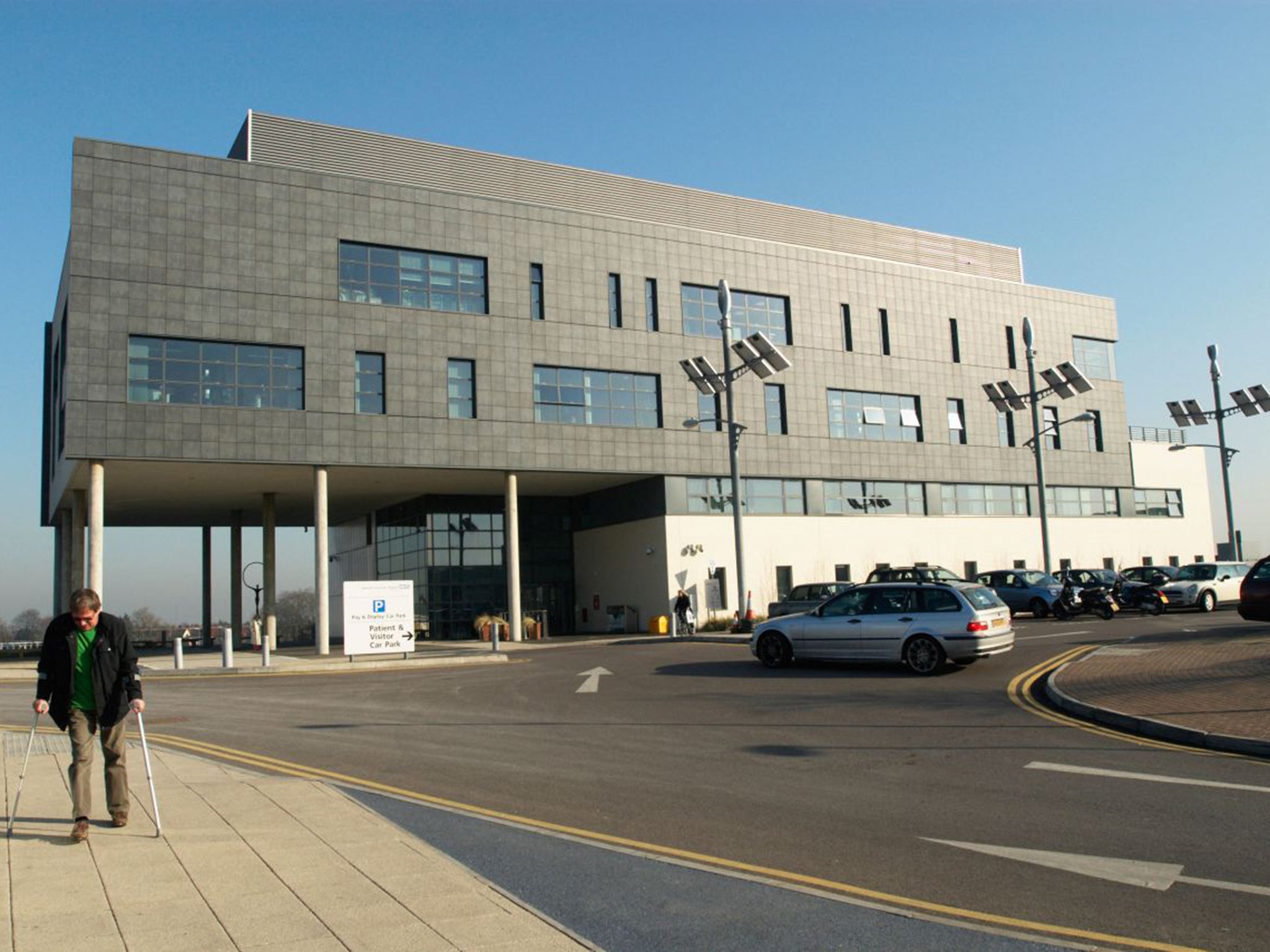PFI companies should face windfall tax on 'enormous profits' says union
Corporation tax has been slashed from 30 per cent when many of the deals were signed to 19 per cent now, further boosting the profits made on PFI projects, Unison says

Private Finance Initiative companies should face a new windfall tax on their “enormous” profits, a trade union said on Monday.
Unison said the Government should use the tax to provide a lifeline to the UK’s cash-strapped services.
Spending cuts have left schools, hospitals and local councils in “dire financial straits”, a situation made worse by billions of pounds of payments for expensive PFI projects, Unison said.
It pointed to the fact that corporation tax has been slashed from 30 per cent when many of the deals were signed to 19 per cent now, further boosting the profits made on PFI projects. This means there is a strong case for a windfall tax, Unsion said.
The union, which represents around 1.3 million workers, said that the tax could be introduced if two amendments to the Finance Bill, which have been tabled by Labour MP Stella Creasy, achieve enough support during a House of Commons debate on Wednesday.
In a PFI deal, a private finance company borrows money to construct a new public project such as a school, hospital or road. A public body then makes payments over the contract term which is often 25 or 30 years. These cover debt repayment, financing costs, maintenance and any other services provided.
Unison general secretary Dave Prentis said: “Eye-wateringly high PFI payments are threatening to overwhelm our already cash-strapped public services.
“Local communities may now have shiny new schools and hospitals but at huge cost. The repayments on PFI debt have to be made first, and are so steep that teaching assistants are losing their jobs and patient services are being cut back.
“Meanwhile the shadowy PFI firms just keep on hitting the jackpot, making millions more than they’d ever hoped to because George Osborne slashed their tax bill a few years back.
“There’s no time to lose. Crippling PFI debts are pushing local services to the brink and costing taxpayers dear. It’s time for a windfall tax on the companies cashing in at our expense. It would bring some urgent and much-needed relief for the services we all rely upon.”
It comes after a damning National Audit Office report last month concluded that Britain had incurred billions of pounds in extra costs for no obvious benefit from PFI infrastructure projects.
The NAO looked at PFI and so-called PF2 projects. PF2 was introduced in 2013 and heralded as a new approach for funding public-private partnerships that would ensure an end to the huge costs incurred by taxpayers on older projects. Critics have pointed out that funding obtained by the private sector is still significantly more expensive than government borrowing.
Annual charges for these deals amounted to £10.3bn in 2016-17, the NAO found. Even if no new deals are entered into, future charges which continue until the 2040s will amount to £199bn.
Subscribe to Independent Premium to bookmark this article
Want to bookmark your favourite articles and stories to read or reference later? Start your Independent Premium subscription today.

Join our commenting forum
Join thought-provoking conversations, follow other Independent readers and see their replies